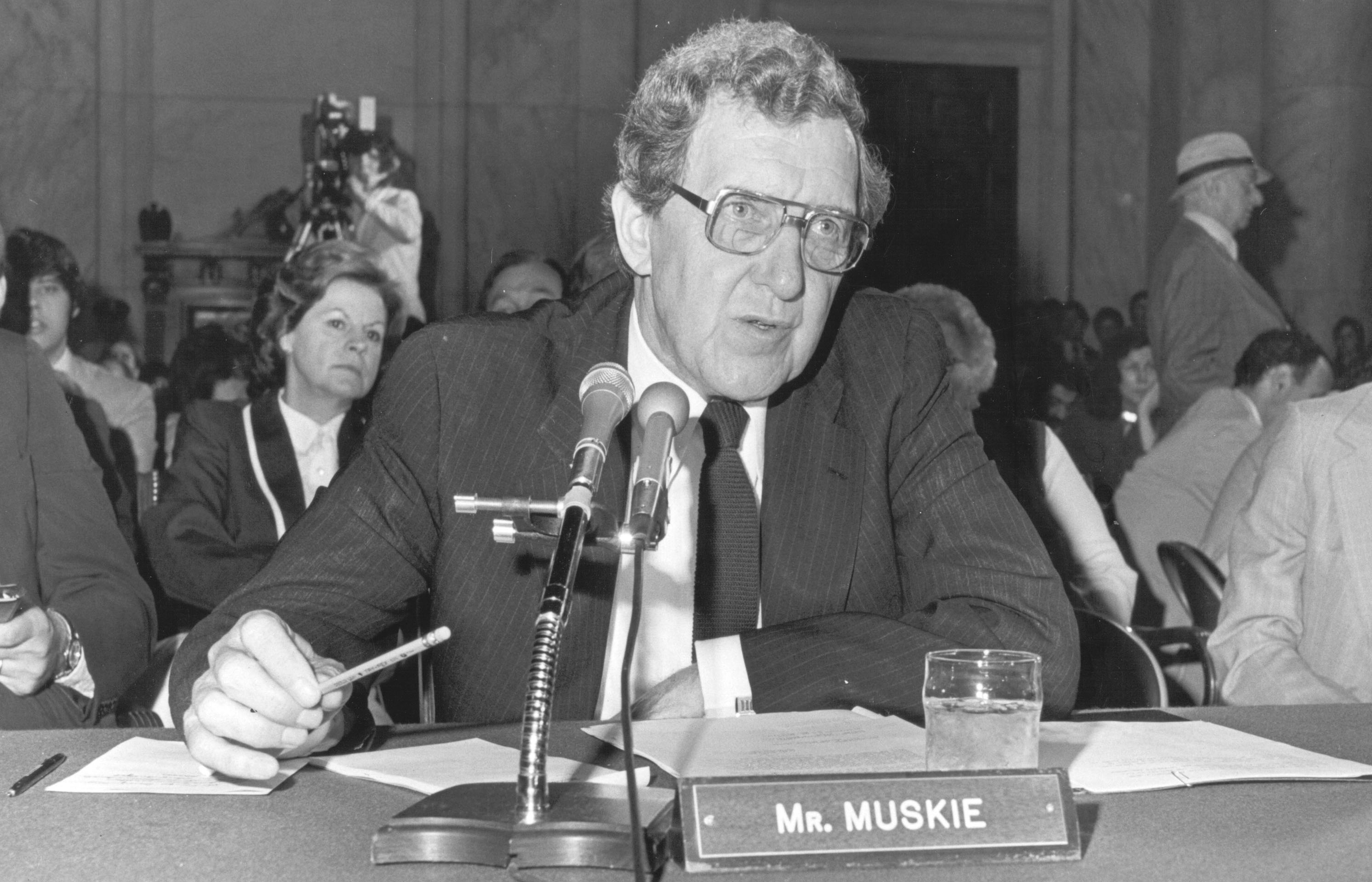
Edmund S. Muskie Oral History Collection
Document Type
Oral History
Loading...
Publication Date
9-18-1998
Interview Number
MOH 048
Abstract
Arthur H. Charles was born in Portland, Maine on July 1, 1911 to Florence and John Charles. He was educated in the Portland public schools, graduating from Portland High School. He took a post-graduate year at Hebron Academy before enrolling at Boston University. He left Boston University after his second year because of health problems and completed his college education through classes at Portland College, now University of Southern Maine. His father was a grocer, and President of the Maine Grocers Association. He worked for his father as executive secretary of the association, eventually making it his career. In the 1930s he began lobbying in Augusta for the Grocers Association. He worked with Ed Muskie in the Office of Price Stabilization during World War II, because he had a relationship with the grocers of Maine. He served in the Maine House in the mid-1950s, and served one term in the Maine Senate in the late 1950s. He retired from the grocery industry after more than fifty years. His wife, Helen Charles, worked with him in the grocery business.
Use Restrictions
Copyright Bates College. This transcript is provided for individual Research Purposes Only; for all other uses, including publication, reproduction and quotation beyond fair use, permission must be obtained in writing from: The Edmund S. Muskie Archives and Special Collections Library, Bates College, 70 Campus Avenue, Lewiston, Maine 04240-6018.
Recommended Citation
O'Brien, Stuart, "Charles, Arthur H. oral history interview" (1998). Edmund S. Muskie Oral History Collection. 79.
https://scarab.bates.edu/muskie_oh/79


Scope and Content Note
Interview includes discussions of: Portland during the Depression; Maine Grocers Association; Portland City Basketball League; Office of Price Stabilization (OPS); Maine state politics in the mid-1950s; his election to the Maine Senate; John Reed; lobbying for grocers; roles in the OPS; retail coupon redemption; Muskie’s relationship with small business; and Muskie’s contributions to Maine.